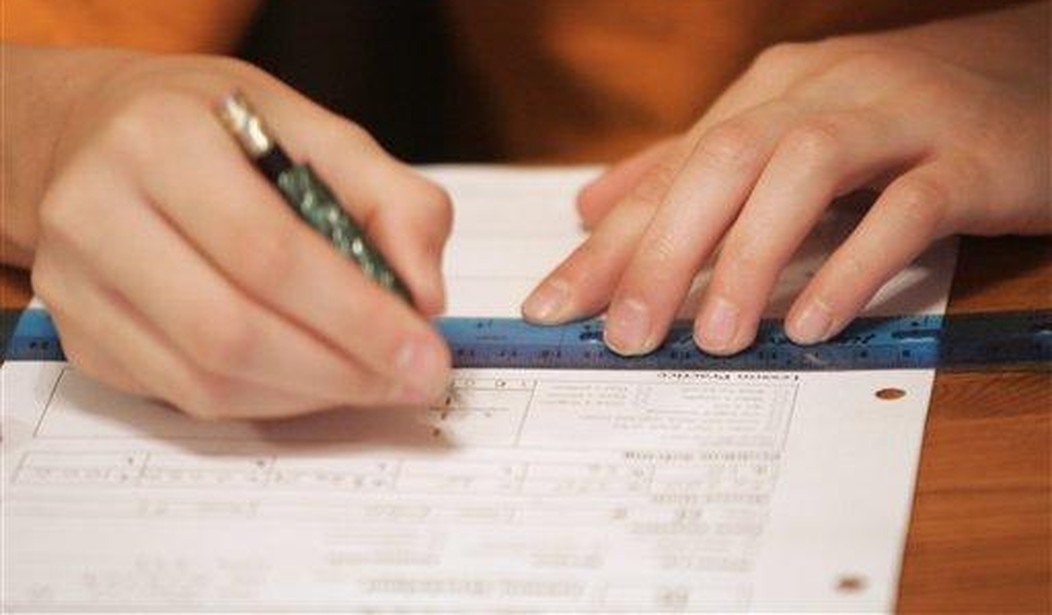Kevin Huffman, a former education commissioner of Tennessee and partner at a nonprofit which promotes public schools, has written an op-ed in The Washington Post bashing homeschooling. In “Homeschooling During the Coronavirus Will Set Back a Generation of Children,” he claims that the children sent home due to the coronavirus causing school closures are going to suffer academically.
But he isn’t even talking about real homeschooling. He is referring to distance learning, where the kids are taught online by their teachers. He cites a report which found that “Full-time virtual schools are not a good fit for many children.” Unlike homeschooling, in distance learning parents don’t get to pick the curriculum for their children. So their kids may get stuck with teaching that’s not conducive to learning at home with parental assistance. That study may be accurate for distance learning, and even then it’s questionable since thousands of people successfully get online degrees every year.
Then Huffman launches into a tirade about how summer break hurts learning, since students fall backward from where they were at the end of the school year. But again, this has nothing to do with homeschooling. He’s trying to make the outrageous claim that the two are equivalents, saying homeschooling puts children behind academically just like summer breaks.
If this was true, why do homeschoolers perform better academically than their peers in public schools? It’s true that some parents don’t do a good job of homeschooling their kids. But since homeschooled kids on average do better than public school kids, it’s unfair to lump all homeschooled kids in with the ones whose parents aren’t doing a very good job. We don’t lump all public school educated kids in with the worst performing ones.
Huffman points out that some families don’t have computers or internet access, so their children will have a hard time learning from home. Again, this is not representative of homeschooling. Parents lacking in the resources to homeschool aren’t likely to homeschool. Forcing parents to accommodate their children learning virtually from their teachers is not homeschooling.
Recommended
Similarly, Huffman says the lowest income children are less likely to have a parent at home to help with the virtual learning because the parents are less likely to work from home — so those kids are going to do the worst. Another strawman argument. Parents aren’t going to homeschool if they are unable to stay at home to homeschool!
Huffman goes on and on about all the remedial action that will be necessary in order to make up for the poor learning experience children will have at home during the pandemic. He makes it sound like a terrible disaster, one that is unfairly discriminating against minority children. So now homeschooling is racist too.
The truth is that if certain students were performing poorly in the public schools, they’re probably going to perform poorly at home with distance learning too. Fortunately, the kids are probably only going to be at home for two months. The article went into hysterics over what will amount to a hiccup.
This could end up being a positive experience, despite Huffman’s bias toward public schools. Some parents may discover that they want to look into real homeschooling. Both parents and children may find they enjoy spending extra time with each other.
This could present a great opportunity to educate people about homeschooling and refute the stereotypes. For example, there is a stigma that homeschoolers are socially awkward since they aren’t around their peers all day. It’s not true. Homeschoolers do better than public school kids when it comes to social, emotional, and psychological development. They participate in a lot of group activities with other homeschoolers. They get interaction with others participating on field trips, scouting, 4-H, political drives, church ministry, sports teams, and community volunteer work.
Huffman’s article is nothing more than taking the most distorted, untrue view of homeschooling and saying since there are flaws, homeschooling is bad. Yeah, trying to force distance learning on students whose parents are unable to accommodate it doesn’t work perfectly.
Since the article doesn’t even address real homeschooling, one has to wonder if Huffman’s editors at WaPo changed his title to attract attention through outrage.

























Join the conversation as a VIP Member